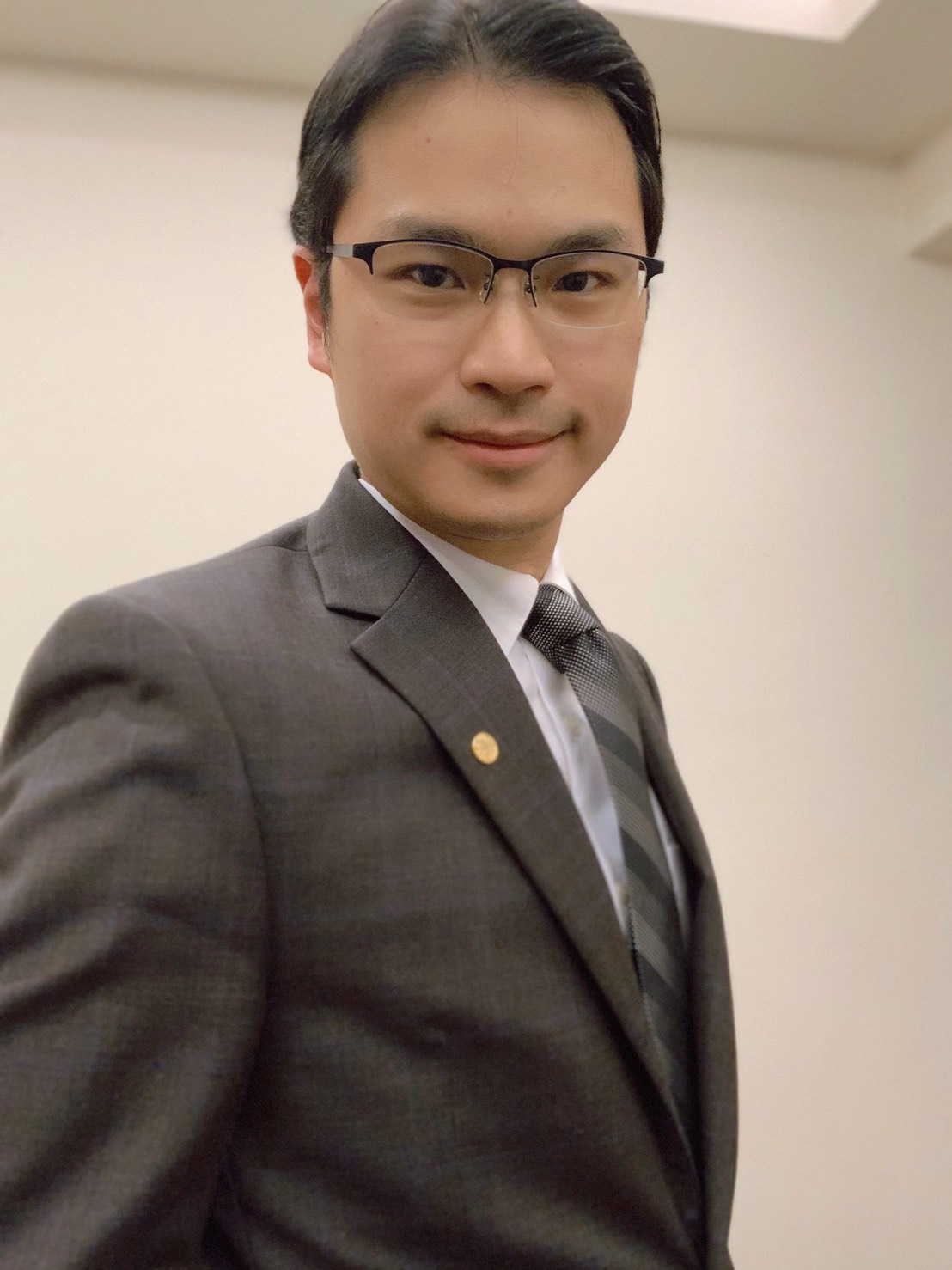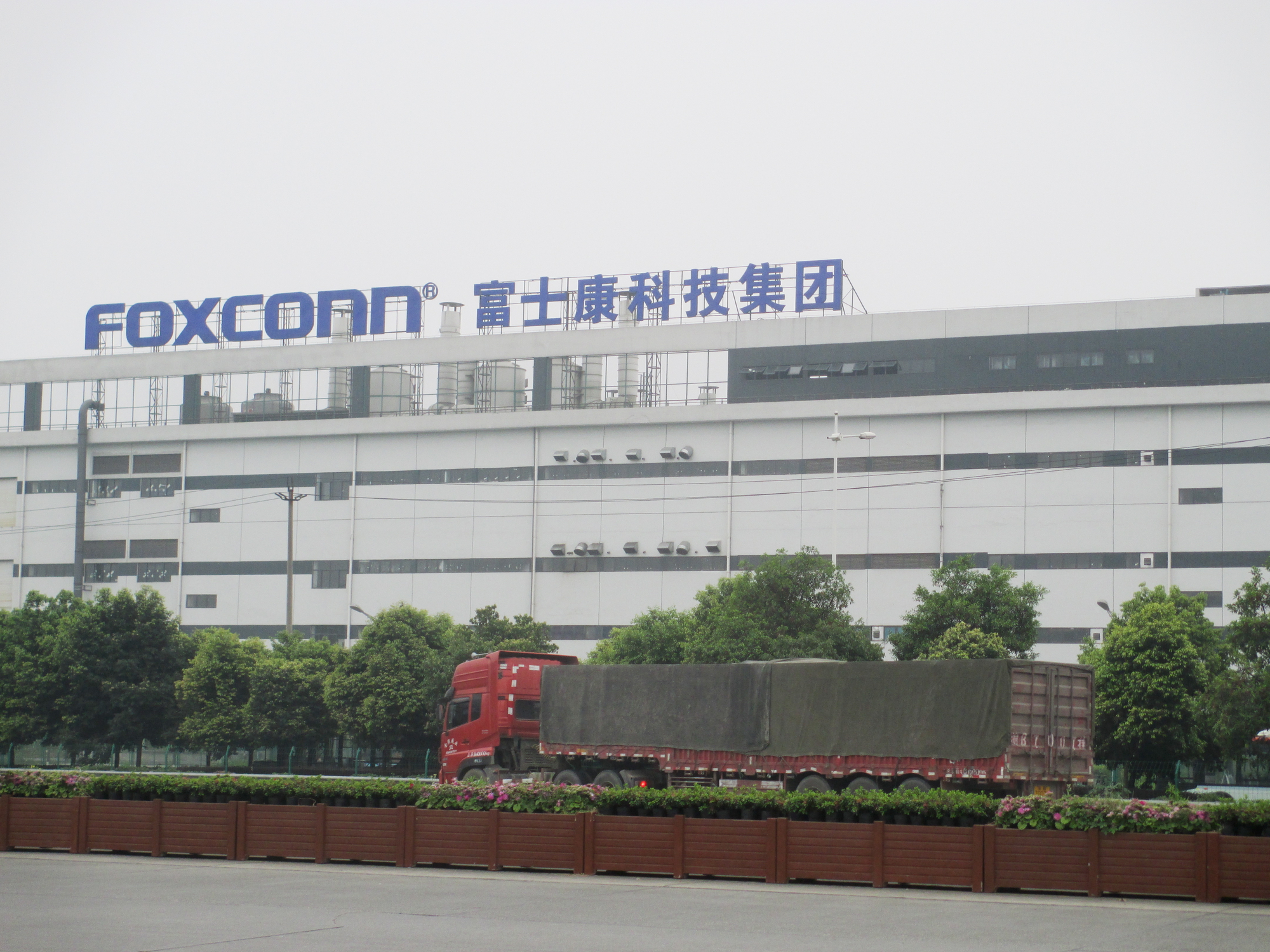China’s Interference in Taiwan’s 2024 Elections: From Tax Inspections to Extended Trade Investigations
CCP expectations for a “China-Friendly” party to win the 2024 election. Recent trade investigations against Taiwan and a tax audit targeting Foxconn suggest Chinese efforts to interfere with Taiwan’s election. Picture source: Depositphotos.
China’s Interference in Taiwan’s 2024 Elections: From Tax Inspections to Extended Trade Investigations
By Chun-wei Ma
Since the Democratic Progressive Party (DPP) came to power in Taiwan in 2016, cross-Strait relations have been immersed in a “cold peace” due to the difficulty of both sides to agree on the so-called “1992 Consensus.” This, coupled with border controls due to the COVID-19 pandemic, has worsened cross-Strait relations, leading to a standstill and tense situation. At the same tome, China has been facing serious pressures both internally and externally. Internally, there are issues such as local debts, insufficient economic growth momentum, technological import substitution bottlenecks, unemployment, and social stability concerns. Externally, China has faced an ongoing competition with the United States across various domains — the economy, diplomacy, and the military. Easing the tensions in cross-Strait relations could alleviate China’s strategic resource allocation pressures. Nevertheless, China insists that engagement with Taiwan’s government is contingent on accepting the “1992 Consensus.” The reality is that neither the Tsai administration nor the DPP presidential candidate, Lai Ching-te, will agree to the “1992 Consensus.” Therefore, China’s best strategy is to continuously strive to remove the DPP from power. This forms China’s motivation to interfere in Taiwan’s 2024 presidential election.
CCP Expectations for a “China-Friendly” Party to Win the 2024 Election
The Chinese Communist Party (CCP) aims to assist a relatively “China-friendly” Taiwanese party in winning the presidency, foreseeing a normalization in cross-Strait relations from 2024 onwards. This change aligns with Beijing’s current needs and the best strategy for China is to play a positive role in the Taiwan election. Interfering in Taiwan’s election discreetly, without detection, is challenging but necessary. A successful Chinese intervention in the Taiwan election entails influencing the voting sentiments favorably toward the CCP’s preferences without leaving any visible trace. However, as the saying goes, “Footprints show where one has been,” and multiple dimensions have exposed CCP’s interference in Taiwan.
Rational Strategies of China’s Interference in the Taiwan Presidential Election
According to a report by Storm Media on October 3, the CCP’s methods of interfering in Taiwan’s election encompass manipulating polls, conducting tax inspections, pressuring Taiwanese businessmen to express their stance, obstructing Taiwanese investments in Kinmen, and offering benefits to Taiwan. Furthermore, China has engaged in military exercises, restricted the import of Taiwanese products, subsidized air tickets for pro-China figures, infiltrated the Taiwanese military through espionage, undermined Taiwan’s diplomatic system, influenced Taiwanese businessmen to protest against the ruling party, collaborated with pan-blue celebrities on TV talk shows to propagate pro-China information, spread skepticism about the U.S. on the Internet, and utilized short videos employing manipulative methods to influence the election and achieve political goals. Recent trade investigations against Taiwan and a tax audit targeting Foxconn also suggest Chinese efforts to interfere with Taiwan’s election.
China’s Tax Audit Against Foxconn
Polls suggest that Terry Gou’s chances of winning the 2024 election as an independent candidate are minimal. However, Gou’s votes mainly come from the blue or “white” (i.e., Taiwan People’s Party, TPP) camp. Gou’s “citizens’ initiative” signature drive has already exceeded the threshold needed for him to register for the election, indicating a potential split in the opposition camp. If, by November 24, Gou does not withdraw from the presidential election, the DPP will likely secure victory due to the divided votes in the opposition camp. This cleavage between the blue and white camps could guarantee Lai’s victory, resulting in China losing interest in interfering with the Taiwan election. However, after the first meeting between Huang Shan-shan of the TPP and King Pu-tsung of the KMT on October 14, China began to reconsider. The possibility of non-green camp integration emerged, motivating China to intervene in the election. On October 22, Foxconn, a Hon Hai subsidiary, underwent a tax inspection by Chinese officials. This timing correlates significantly with the shifting purposes of cooperation between the blue and white camps. Even though Foxconn has tax issues, it is not necessary for China to investigate just before Taiwan’s presidential election registration day in November. China could have chosen to delay the inspection until the day after Taiwan’s presidential election in January. However, China chose to inspect Foxconn’s tax problems just after the KMT attempted to cooperate with the TPP for the 2024 election, preceding the election registration. The strong pressure from China suggests that Beijing seeks to compel Gou to abandon his candidacy to increase the chances of the non-green camp winning. The timing seems too dramatic to be unrelated to strategic calculations by Beijing to interfering with Taiwan’s election.
China’s Investigation of Taiwan’s Trade Barriers Coincides with the 2024 Election Schedule
On April 12, the Chinese Ministry of Commerce launched an investigation into Taiwan’s trade restrictions with the People’s Republic of China. The Ministry announced the extension of the investigation period by three months, until January 12, 2024, citing the complexity of the case. This timeline aligns perfectly with Taiwan’s presidential election on January 13, 2024. There seems to be a clear correlation indicating China’s intention to leverage trade issues as bargaining chips to influence Taiwan’s voters’ distrust in the DPP’s governance and decrease their credibility in handling cross-Strait trade conflicts. This aims to sway voters to support a presidential candidate who would ostensibly be capable of fostering positive relations with China, such as the KMT’s Hou You-yi or the TPP’s Ko Wen-je. As the Taiwanese government’s Office of Trade Negotiations said, the extension of the probe “once again proves that China’s so-called trade investigation is politically motivated and an attempt to interfere with our elections through economic coercion.”
Conclusion
Australian scholar Clive Hamilton once coined the term “Silent Invasion” to describe China’s approach to penetrating the openness of democratic countries. This tactic seems beneficial for China to assert its policy intentions in other countries’ decision-making processes. Hamilton believes this behavior also characterizes China’s efforts to build relations with Taiwan. In recent years, Taiwan has attempted to prevent Chinese infiltration through legal means by establishing or amending the “Five National Security Laws.” While these efforts can be considered better than nothing, they not only rely on a legal foundation but also necessitate vigilance and awareness across all levels of society. Fostering the independent judgment of citizens to discern Chinese infiltration may be the most critical task for Taiwan, both presently and in the future.
(Dr. Ma is Assistant Professor, Graduate Institute of International Affairs and Strategic Studies, Tamkang University.)


